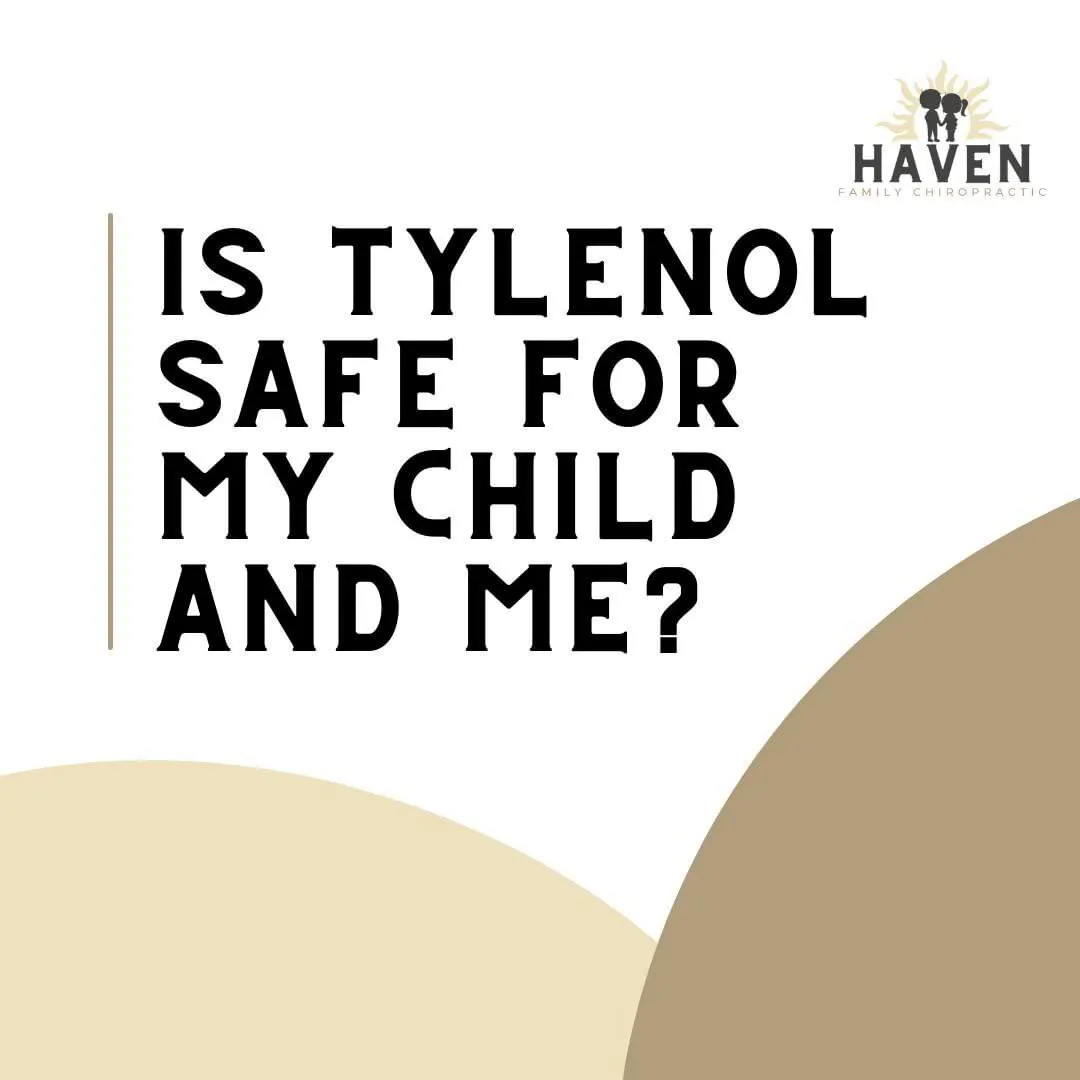As a parent, imagine noticing your child seems to be developing a bit differently at the age of three. Even though you may have had some concerns before, getting a clear answer, such as a diagnosis of autism, brings a mix of feelings. So many parents share a similar story when it comes to their child’s growth.
This story is like so many others where parents are figuring things out and wondering about what affects how kids grow up. Looking back at a time when the child was in utero adds another layer to the puzzle, including a possible connection to a mother’s use of Tylenol during pregnancy.
Rates of autism spectrum disorder (ASD) have risen steadily in recent decades, now affecting 1 in 36 children, according to CDC estimates. For parents of children with autism, figuring out what factors may have contributed to their child’s condition becomes an all-consuming question. Was it toxins, genetics, or something in the environment?
Emerging research over the past several years has caused many parents to look at a common medication taken during pregnancy as one potential piece of the autism puzzle: acetaminophen, known widely by the brand name Tylenol.
While the science is still evolving, several studies have now linked prenatal acetaminophen exposure to a higher likelihood of autism, Attention Deficit Hyperactivity Disorder (ADHD), and other neurodevelopmental conditions. This raises important questions about informed consent and potentially re-evaluating medical guidelines for pregnant women.
Does Tylenol cause autism? This article will take an in-depth look at what the research says so far about Tylenol use during pregnancy and autism risk. We’ll also explore the public health debates and uncertainties that remain regarding this concerning connection. Most importantly, we’ll offer nervous system-focused guidance to mothers moving forward. The goal is to empower parents with the knowledge to make careful choices that support their child’s optimal development.
What the Research Says About Tylenol and Autism
Over the past decade, a concerning pattern has emerged as researchers have begun analyzing large medical databases and birth cohorts. They’ve been investigating potential connections between medications taken during pregnancy and neurodevelopmental disorders in children, like autism and ADHD.
Multiple major epidemiological studies have now reported an association between prenatal exposure to acetaminophen (Tylenol) and an increased risk of ADHD and autism.
For example, a prominent study published in JAMA Psychiatry in 2020 measured biomarkers in umbilical cord blood samples from almost 1000 births. The study found that the babies with the highest levels of acetaminophen exposure in utero were over three times more likely to be diagnosed with autism compared to those with the lowest exposure.
After examining 73,881 mother-child pairs, a study found that children exposed to acetaminophen prenatally had a 19% to 21% increased risk of borderline or clinical Autism Spectrum Conditions and ADHD behavior.
While not every study has found a strong connection, the accumulating epidemiological evidence has been concerning enough for many medical groups to call for more research and closer analysis of current acetaminophen guidelines for pregnant women.
Debates and Uncertainties in the Research
While the studies above and others have reported a potential link between prenatal acetaminophen exposure and autism spectrum disorder/ADHD, some experts argue that the research is still too preliminary and limited to warrant concern.
They point out that much of the evidence comes from observational studies, which can only identify correlations, not cause-and-effect. The studies also rely on mothers remembering and accurately reporting their medication use months or years later, which is not always reliable.
Some argue that the studies do not sufficiently account for other autism risk factors like family history of neurodevelopmental issues. One study found that adjusting for parental psychiatric history seemed to negate the acetaminophen-autism link, suggesting pre-existing genetics may skew the data.
Overall, experts on both sides of this debate seem to agree that more research is needed regarding acetaminophen during pregnancy before changing medical guidelines or recommendations.
Navigating Prenatal Use of Tylenol
As the scientific community continues to study Tylenol’s link to autism, it is important for expectant mothers to stay informed. Here are some tips to help you make informed decisions about prenatal Tylenol use:
- Try non-drug comfort measures like Prenatal Chiropractic first for pain/fever, only try acetaminophen if clearly medically needed.
- Discuss your personal risk comfort level with your OB/GYN and consider alternatives.
- If you do require acetaminophen, use the lowest effective dose for the shortest time possible.
- Avoid prolonged high-dose usage, and limit to acute symptom flares.
- Consider avoiding Tylenol around 12-15 weeks, a crucial period of fetal brain development.
- Additionally, a trusted PX Doctor can provide nervous system-focused guidance and care options that support your child’s optimal development, both before and after birth.
The Bigger Picture on Autism
If acetaminophen does prove to play a role in autism, it would fit with a larger shift happening in medicine beyond the outdated “genetic disorder” narrative.
We now recognize autism is complex, involving genetics but also dysregulation across interconnected bodily systems and exposure to various environmental stressors. Things like prenatal factors, birth trauma, gut issues, toxins, and infections converge into what we call the “Perfect Storm” underlying autism.
Looking at how common drugs like acetaminophen may impact a delicate developing fetus provides one piece of the autism puzzle. This knowledge empowers parents to make fully informed choices to best support their child’s health and neurological development.
While avoiding acetaminophen entirely during pregnancy is likely unnecessary for many women, thoughtful consideration of risks versus benefits is wise. Moving forward, we must continue thoughtfully evaluating how to optimize both maternal and child health outcomes.
Empowering Parents with Knowledge
Emerging research has revealed a potential correlation between acetaminophen use during pregnancy and increased risk of autism and other neurodevelopmental conditions. While more studies are needed, this raises issues of medical transparency and informed consent.
Until the research is more conclusive, cautious and judicious use of Tylenol seems most prudent for expectant mothers when possible. But those carrying this difficult burden need not lose hope—emerging care models can address nervous system-based causes of autism for improved outcomes.
Whether your family is just starting the autism journey or seeking a “last resort,” the next step would be to connect with a trained and ready PX Doctor. Check out our directory to find an office near you. Neurologically-Focused Chiropractic Care can truly address the root causes of your child’s challenges, allowing them to reach their fullest potential.
Protecting children’s health begins with supporting and empowering women to make fully informed choices. Together, we can expand this important conversation on improving prenatal care for mothers and future generations.

